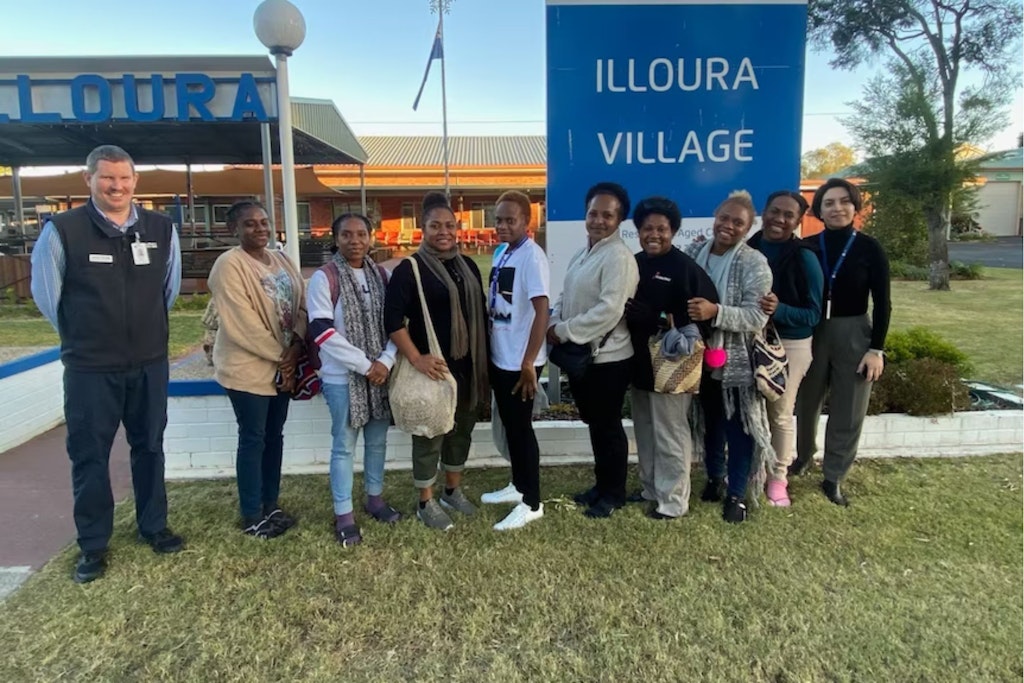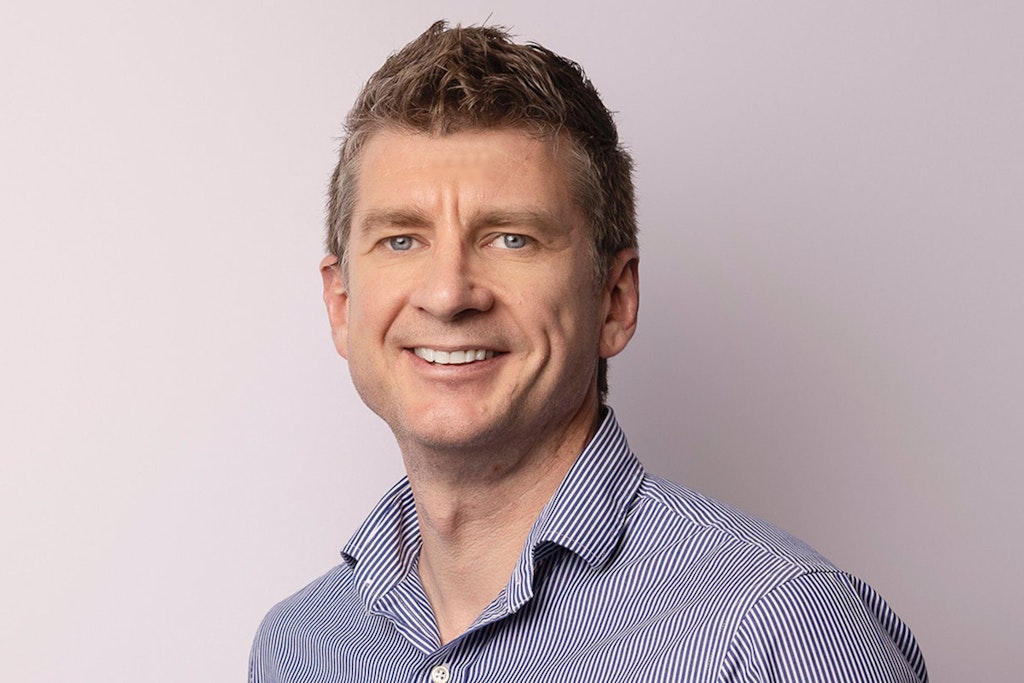PALM Scheme brings a fresh wave of support for regional aged care
Published on 30 June 2023

As recruitment challenges continue to hinder aged care providers in regional Australia, the Pacific Australia Labour Mobility (PALM) Scheme has brought relief for some.
PALM was extended in 2022 to allow aged care providers to recruit overseas workers from the Pacific Islands region to boost workforce numbers in regional areas. It’s had early success with Southern Cross Care Queensland (SCCQ) having just received the first nine aged care workers from Papua New Guinea to be employed in the aged care sector as part of PALM.
Despite SCCQ’s standing as a large aged care provider in Queensland with 13 homes, even they have faced workforce retention and recruitment challenges. Chief Executive Officer (CEO) Jason Eldering said workforce issues had been exacerbated in rural and remote areas, impacting eight SCCQ homes.
“We believe workforce challenges are the number one risk for all aged care providers, not just SCCQ, and we know we can’t provide services without qualified staff. That’s the reality. So we have to innovate and we have to be leading change,” Mr Eldering said.
“It’s early days for PALM but we’re really encouraged by how the workers have settled in. What we love about the Papua New Guinea workforce is they’re suitably qualified to care for the most vulnerable people in our community. Aged care is a challenging sector and the people who do it need to have the right values and the right make-up and the nine workers from PNG tick all those boxes.”
Despite the benefits, SCCQ still has plenty of hurdles to overcome. Limited accommodation and transport options make it difficult for workers to relocate to regional and remote facilities. SCCQ has been forced to invest in building its own accommodation options for PALM workers due to housing shortages in regional Queensland, and there’s no sign of relief.
“It’s a wicked problem because there’s an effect on rural and remote workers with no housing available for new staff. So housing is another key priority we need to address,” Mr Eldering said.
“We do need a long-term focus on creating sustainable communities. Not just age care being part of the community but also inbuilt workforce accommodation. There’s three levels of Government involved here, local, State and Federal, and there needs to be an alignment of effort to get this done.”
That long-term focus is essential for a program many CEOs view as an ongoing solution to workforce shortages. Respect operates 20 homes across the southeastern states and has just welcomed 11 Fijian workers at St John’s in Wangaratta. CEO & Managing Director, Jason Binder, said they have already experienced positive outcomes after joining PALM.
“We think the PALM scheme forms part of a long-term solution and is one of the ways we can help support rural and regional aged care homes contend with the current staffing and workforce challenges in the industry,” Mr Binder said.

“During the recruitment process, the Fijian care workers spoke about the professional opportunities available to them, and the great experience they will gain from working in our aged care sector. And for us, it’s one way we can help alleviate some of the current staffing and workplace pressures impacting our homes.”
“There is a natural fit between Fijian culture and Respect’s current values. We’re confident each will contribute to our team’s ability to continue to deliver great care to our residents and contribute to the broader community more generally.”
Tackling Government mandates
Aged care providers are experiencing considerable change as 24/7 RN mandates kick in, with care minute quotas to follow from October 1, 2024. Most providers have seen growth in key areas, with increased direct care minutes from Registered Nurses, although regional providers remain the most at risk of not meeting them due to limited RN availability.
Even with the promise of potential 24/7 RN exemptions for approved providers, organisations such as Respect have to get creative.
“Whilst the 24/7 RN model has always been our ideal model, it hasn’t always been achievable due to Registered Nurse shortages. In those cases, we have a clinical governance model which still provides safe care with Registered Nurse lines of decision-making and support,” Mr Binder explained.
“It’s of course been difficult during COVID-19, with the low unemployment rate, and with lower wages in aged care – but with a 15% increase in pay, meaningful work, and a good workplace culture we think it will be achievable in the future and it’s something we should aim for as an industry.”
Respect’s new Fijian workers are expected to bring workforce stability to their St John’s facility with the provider looking into recruitment for its other homes.
Meanwhile, Mr Eldering said their PNG workers will strengthen their ability to meet care minute mandates in several regional Queensland facilities, where they will also positively contribute to the residents’ lives.
“The one thing I love about this is the continuity of care. We talk a lot about relationships; the average length of stay in our home is three years,” Mr Eldering said.
“Residents form relationships during those times and our staff will be there to establish meaningful relationships with the residents in our communities. Continuity can never be downplayed in this whole thing because life is about relationships and the quality of relationships.”